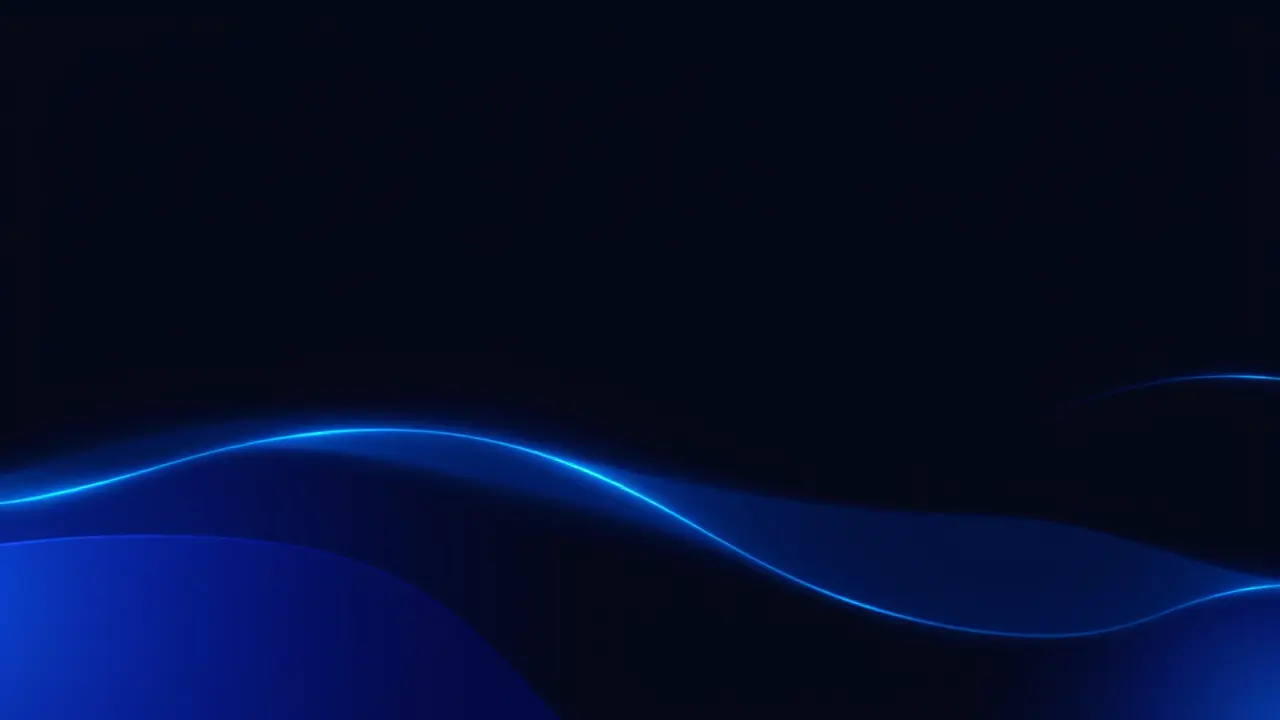
Politicsgovernments & cabinetsPolicy Agendas
Trump's Arts Policy Demands Unified Cultural Response
RO
Robert Hayes
1 day ago7 min read
The political landscape under a potential second Trump administration presents a paradigm shift for the arts and culture sector so profound it demands a strategic, unified counter-strategy from its disparate institutions, a call to arms reminiscent of the cultural mobilization seen during the Cold War. Unlike previous presidents whose arts policies often simmered on a bureaucratic back burner, Trump’s approach is inherently populist and confrontational, weaponizing culture as a central pillar of his political identity, thereby forcing a reactive posture upon an ecosystem traditionally resistant to collective action.This is not merely about funding levels for the National Endowment for the Arts, which he previously sought to eliminate, but a fundamental philosophical clash over the role of art in society—is it a vehicle for national prestige and traditional values, as his base might argue, or an essential, critical forum for dissent and diverse expression, as many in the arts community believe? Historical precedent, from Franklin D. Roosevelt’s WPA projects that employed artists during the Great Depression to the nuanced cultural diplomacy of the Kennedy era, demonstrates that presidential engagement with the arts can be transformative, but Trump’s brand of engagement is qualitatively different, eschewing institutional support for a direct, often adversarial, channeling of cultural sentiment through rallies and social media.The consequence of inaction is a fragmented response that allows for the systematic devaluation of arts education, the politicization of grant-making bodies, and the silencing of critical voices under the guise of patriotic correctness. A cohesive response, therefore, must be as multifaceted as the challenge itself, requiring major museums, performing arts centers, university programs, and grassroots artist collectives to forge unprecedented alliances, developing a shared communications strategy, a legal defense fund for artistic freedom, and a coordinated lobbying effort that transcends traditional partisan lines.This moment is the arts community’s Cuban Missile Crisis; it is a test of its organizational integrity and its commitment to its own stated principles. To meet it with anything less than a disciplined, united front is to cede the narrative and risk a generation of cultural policy that could irrevocably narrow the scope of American artistic expression, undermining its global soft power and impoverishing its domestic soul. The time for hand-wringing is over; the time for a strategic, Churchillian resolve is now.
#arts policy
#Trump administration
#cultural response
#editorial picks news
#arts funding
#political impact
Stay Informed. Act Smarter.
Get weekly highlights, major headlines, and expert insights — then put your knowledge to work in our live prediction markets.
Comments
It’s quiet here...Start the conversation by leaving the first comment.
© 2025 Outpoll Service LTD. All rights reserved.